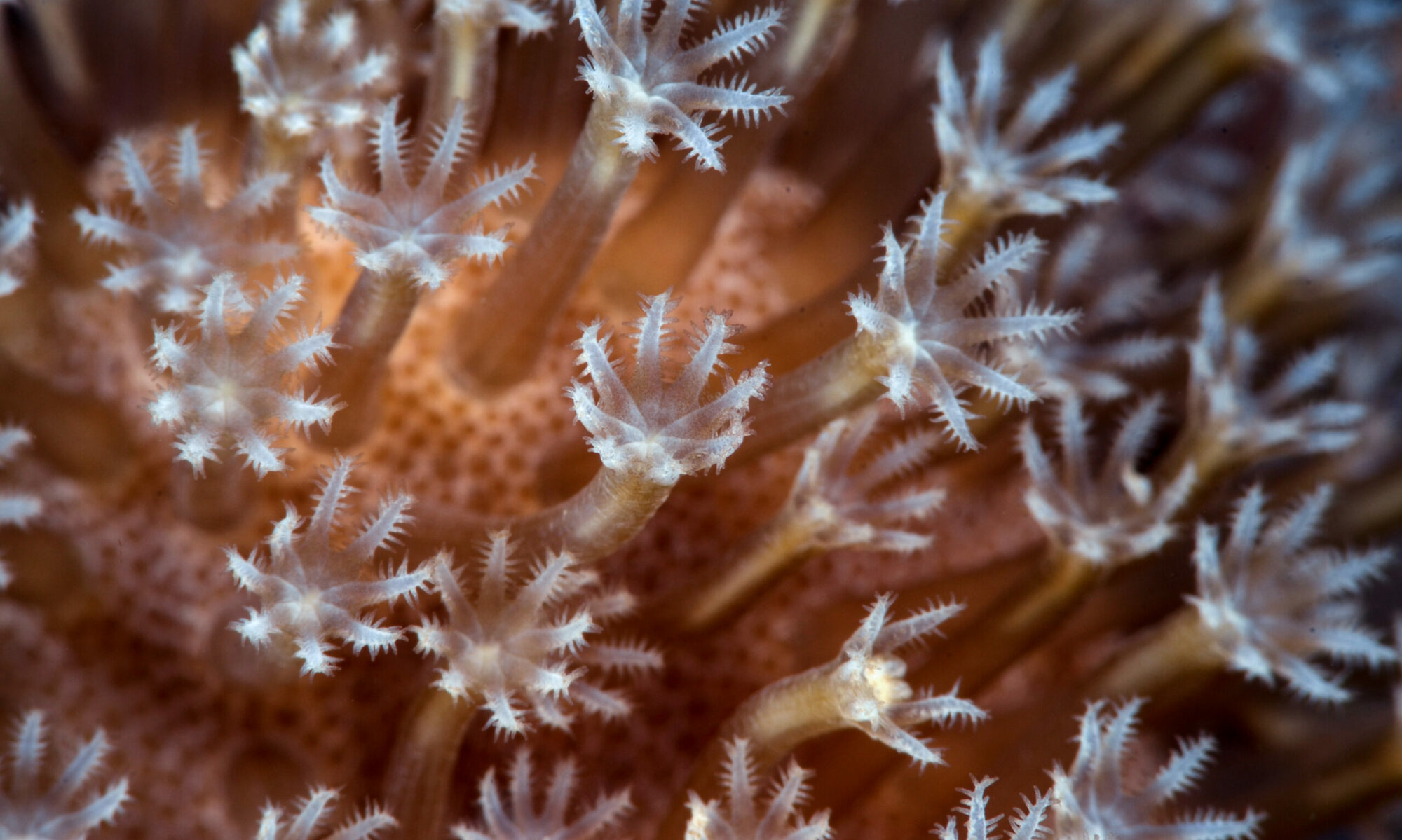
The Guam Ecosystems Collaboratorium for Corals and Oceans (GECCO) Biorepository, a new marine biodiversity collection operated by Guam NSF EPSCoR (National Science Foundation – Established Program to Stimulate Competitive Research), recently hired crustacean biologist Robert Lasley, Ph.D. as an associate curator. His responsibilities include building a marine invertebrate collection and documenting the crustaceans in Guam and the region.
Lasley’s first studied photojournalism in college. However, he soon found himself drawn to the study of biodiversity and switched his major.
After completing his undergraduate studies in Zoology at the University of Florida, he earned his Ph.D. from the National University of Singapore before becoming a curator at the Fish and Wildlife Research Institute in Florida.
At some point, Lasley said he took a break from academia and found work as a deckhand on an expedition yacht for a year and a half. While on break, he also travelled to remote locations and worked as a Zodiac driver.
According to Lasley, his experience operating boats and living at sea proved valuable to his work as a crustacean biologist.
“It has been important just to understand the ocean and also (to understand) practical things like how to operate a boat and how to live at sea,” he said.
Lasley ultimately returned to the field of science and worked as a researcher at the Florida Museum of Natural History. A few months ago, he began his current position as associate curator at the GECCO biorepository.
“The element that unites my background is a love for diversity. So, obviously, marine biodiversity. But also a diversity of habitats as I travel… diverse cultures and so on. The other element is a love for the ocean,” he said.
As a crustacean biologist, Lasley is interested in crab systematics and taxonomy, including describing new species and understanding how they are related. He is also studying biogeography, speciation, natural and sexual selection, and the impact of ecosystems on the evolution and diversification of land crabs.
Lasley said his work at the GECCO biorepository is strategic because Guam is close to the Coral Triangle, the most diverse marine region in the world.


